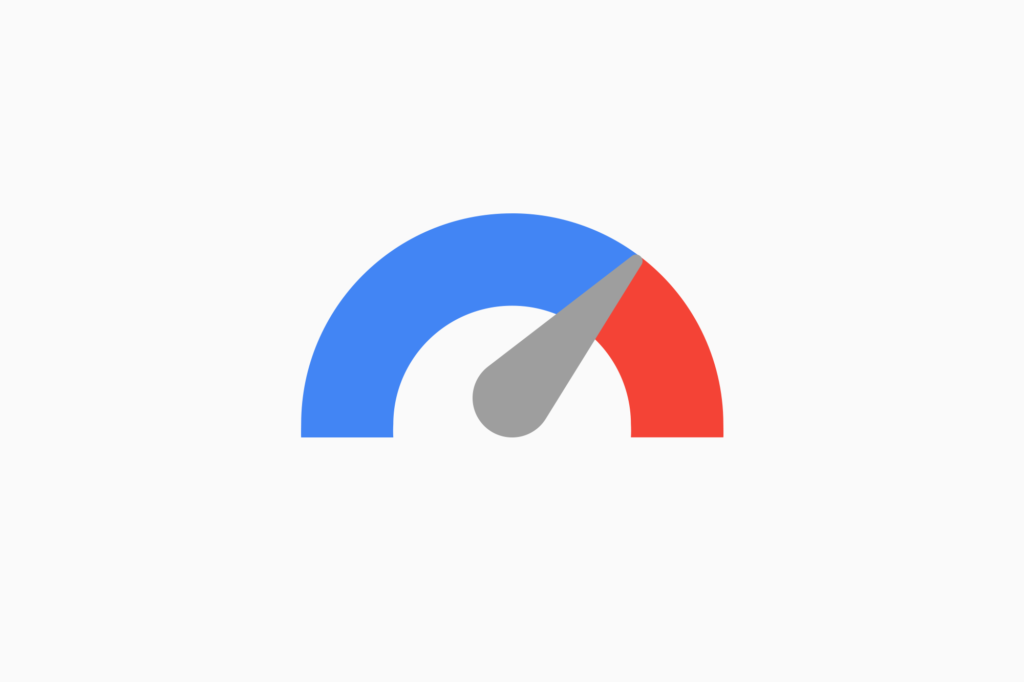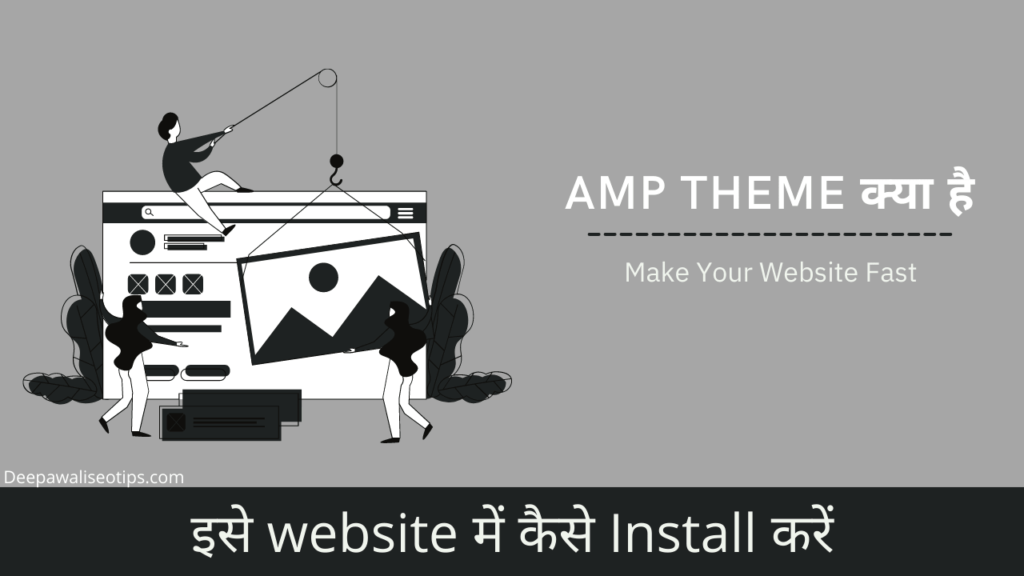slow website, Slow page loading, slow page load speed, how to fix slow page load speed, how to slow websites, reasons why your website is slow, how to increase the speed of the website

Is your website slow?
Are you looking for ways to increase the loading speed of your website? Then you are in the right place because in this article we are going to discuss all the problems which make your website slow. And also we will give solution to that problems also.
It may be difficult to improve the speed of your website if you don’t understand the mechanics of this page speed system.
It is essential that your web pages load fast and smoothly to reduce your bounce rate and increase visitor interaction.
Optimized for speed can not only improve the user experience (UX) but also boosts your search engine rankings.
This article will explain page speed, its importance, and how you can measure it.
Let’s get started!
What is Page Speed?
Page speed refers to how quickly your pages load.
Sometimes page speed is confused with site speed, which is the page speed for a specific number of page views.
You can describe page speed in two ways: “page load time” is the time it takes to display all of the content on a page, or “time until the first byte” is the time it takes for your browser to receive the first byte from the webserver.
Why Page Speed is important (from the SEO perspective)?
Every second matters when it comes to page loading speeds. Google research has shown that the loading times of pages increase by one to three seconds, increasing the likelihood of visitors leaving.
The likelihood of a bounce increases by 90% if the page takes longer than five seconds to load.
This means that if your pages take longer than a few seconds to load, visitors are more likely to leave your site.
In Search Engine Optimization (SEO), page speed is also important. Google considers many factors when ranking web pages.
Speed is important for mobile and desktop searches.
Page speed is also important because it influences consumers’ perceptions of your brand. Your website can look unprofessional if it takes too long to load, or if something goes wrong, this can lead to a poor impression.
Optimizing page speed is essential if you want your website to be highly effective.
How to Measure your Website Speed?
To measure the speed of your website we are going to use Google’s Pagespeed Insight tool.
PageSpeedInsights provides a free performance tool that analyzes a webpage’s content and gives page speed scores for the desktop and mobile versions.
It also provides recommendations for improvement and identifies potential areas for optimization.
PageSpeed Insights, although it’s one of many tools that site owners have at their disposal to speed up pages, is the best tool for anyone who wants to improve speed for SEO purposes.
- Go to the Official website of PageSpeed Insights
- Paste the URL of your website and click on analyze to get the full report of your website speed

How to fix slow websites
1. Allow Caching
Certain elements of a website are saved in a cache so that it loads faster and can access them again when you return. Instead of downloading every resource, your browser only needs to download a handful of them.
You can make your website load faster for returning visitors by turning on caching. You can use a plugin such as W3 Total Cache or Super Cache to enable sitewide caching or specific site elements.
You will need additional steps if you don’t use a CMS to enable browser caching.
2. Render-Blocking JavaScript Is Delaying Page Loads
JavaScript is the program that allows your website to be user-friendly and fun for visitors. In absence of it, your website could be dull. If left unoptimized, JavaScript can delay your pages as they attempt to load on users’ browsers.
When a browser attempts to display a website and stops, it must stop and load fully any JavaScript files it is confronted with first. This causes what’s known as “render-blocking JavaScript” or JavaScript which prevents the webpage from loading fast.
Three options to address rendering blockage JavaScript:
- Take out external JavaScript files and replace them with inline JavaScript instead.
- Make use of asynchronous loading, so that JavaScript can be loaded separately from the other pages.
- Refrain JavaScript processing until the remainder of the page is accessible for the viewer.
Each approach has pros and pros. In general, using inline JavaScript can only increase the speed of pages when utilized in a limited manner. Asynchronous loading could cause issues because files are not loaded in a particular sequence.
3. Unoptimized CSS
As with JavaScript, your website’s CSS -the code that is responsible for styling your pages — could slow down loading if not properly optimized. There are a variety of ways to bring your CSS to be in good shape:
- If you’ve got several other CSS files, you can combine them into a single or a couple of files.
- Eliminate any external CSS and utilize the inline CSS in place.
- Utilize “media types” to define when certain CSS files are to be loaded.
Similar to inline JavaScript Like inline JavaScript, inline CSS is only helpful for small amounts of code. If you’ve got a number of large CSS files, don’t attempt to incorporate all of them into your HTML files. The choice of media types and the combination of your other CSS documents (if there are multiple) will have a more substantial impact.
4. Reduce your code
Sometimes the code on your website can become a bit messy. Your site will take longer to load if this happens. If you make a lot of customizations to your website, whether using a CMS or a website builder, there will be extra line breaks, spaces, and other elements that aren’t necessary.
A plugin such as Better WordPressMinify can be used to minimize the code in WordPress. If you use one of the caching plugins mentioned above, there should be a minify option.
You can minify your code if you don’t use a CMS by using the Pagespeed Intelligences Chrome Extension. This extension will reduce the code in your code so that you can easily see which version is the fastest.
It is also a good idea to minify your CSS or Javascript files. It will speed up things if you have all your CSS and Javascript files together.
5. Plugins Are Weighing Your Site Down
The presence of too many plugins or even some very heavy ones, can slow your site down and result in inefficient performance. It is recommended to completely get rid of any plugins that you don’t use to reduce the likelihood that this might occur.
6. Optimize your images and reduce their size
Your site’s loading speed will be negatively affected if it has lots of poorly optimized images. If you have large images, the browser will load more files. You can optimize your images in a number of ways to make them load faster.
- Your images should not be excessively large. If your blog page width is 900px, ensure that your images are at least that size.
- You can use a plugin such as WPSmush to reduce the file size of images if you are using WordPress.
- To reduce the file size without sacrificing quality, run images through image resizer websites available on google to minimize the size of your image before you upload them.
7. You’re Not Using a Content Delivery Network (CDN)
A Content Delivery Network (CDN) comprises a number of servers that are located strategically in geographical locations. You can save duplicates of your website on these servers so that the pages can be swiftly loaded by visitors who reside far from your primary server.
There are various CDN options available for your WordPress website. Cloudflare is among the top sought-after solutions, and so can be one of the most popular options, as is Jetpack CDN for videos and images.
Furthermore, if your site is built using jQuery, it’s possible to download it via the CDN in lieu of your server. Because jQuery utilizes smaller amounts of code than JavaScript to produce the same results It can be particularly helpful in boosting your site’s speed. Google as well as Microsoft have been the most well-known jQuery CDN alternatives.
Common problems you can solve using this technique
- Large HTML page size
- Slow page (HTML) page speed
- Uncompressed Pages
Conclusion
These are some of the problems which people have when their website is slow. I have covered almost all the common issues which can make your website slow.
If you have any queries please let us know in the comment section.
Also Read:



